

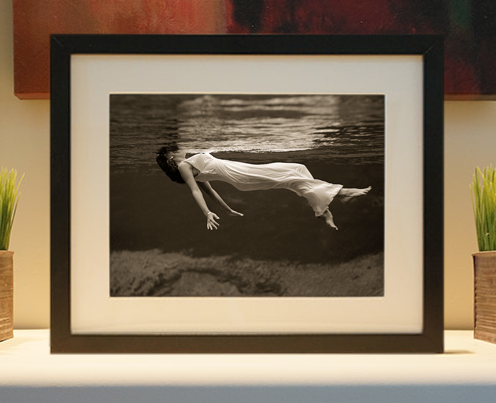
Framed or unframed, desk size to sofa size, printed by us in Arizona and Alabama since 2007. Explore now.
Shorpy is funded by you. Patreon contributors get an ad-free experience.
Learn more.

- Lofty addition
- In 1912
- Keenan Building
- Six years old
- Taken from the P.J. McArdle Roadway?
- It stood only 47 years
- Three track mind
- Incline to the right
- Reach for the sky, 1912 style
- No clean sweep
- Same Job Title, Same Face
- Sadly Lost
- Beautiful ...
- Where you get your kicks
- Aim High
- Pueblo Revival sisters
- Pueblo Neoclassicism
- Milk Man
- Regional dialect.
- Spielberg's inspiration
- Great Photo
- Loaf Story
- Do you still have the Rakes category?
- Could almost be a scene from the 1957 movie 'Hell Drivers'
- The Wages of Fear.
- Conspicuous by their absence
- Got Milk?
- All that aluminum
- No lefties
- Smoke 'em if you've got 'em
Print Emporium
Churches of Chicago: 1942
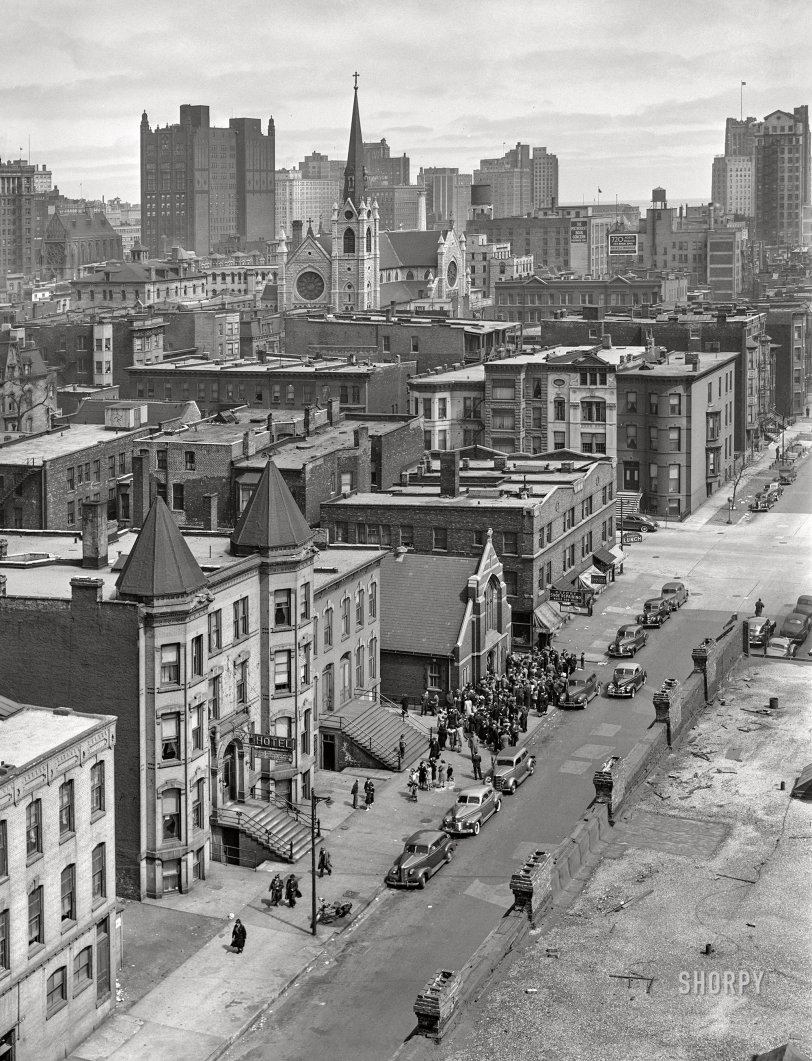
April 1942. "Chicago, Illinois" is all they wrote for this one; it seems to be a Sunday. Acetate negative by Jack Delano for the Office of War Information. View full size.
The Small Church Replacement
I'll leave it to loyal Shorpy readers to opine if better or worse.
Almost survived
The church is on the September, 2017 Street View. By 2018, it was replaced by an apartment building. The building was converted to a beauty parlor at least ten years before.
Now a house of luxury residence
Most of what you see in 1942 between the hotel at 62 W. Huron Street and the Holy Name Cathedral at 730 N Wabash Ave has been replaced by One Superior Place Apartments, which, with their parking garage, engulf an entire city block. The small church at 56 W. Huron Street, where church was just letting out in 1942, is now the site of recently built luxury residences.
Click to embiggen
Holy Name Cathedral is a mob tour mainstay
Holy Name witnessed two notorious murders during the 1920s bootlegging gang wars.
Across the street was Schofield's Flower shop, owned by North Side gang boss Dean O'Banion, the most powerful rival of the South Side's Johnny Torrio and his second-in-command Al Capone. The shop was O'Banion's headquarters and front for his illicit businesses.
The shop was also the preferred flower vendor for big mob funerals. On November 10, 1924, Frankie Yale (a New York associate of Torrio and Capone) and two local mobsters arrived ostensibly for a floral funerary arrangement. They left O'Banion dead on the floor with bullets in his chest, neck and head.
Hymie Weiss was O'Banion's successor as head of the North Siders. Schofield's was still the gang's lair on October 11, 1926 when Weiss was ambushed in front of Holy Name as he walked towards the flower shop.
Tour guides will show you holes in the cathedral stones from the mob machine guns.
The Sainte-Chapelle of Chicago
Over near the far left margin of this photograph, in the shadows between two taller buildings, stands the St. James Chapel of the Quigley Preparatory Seminary, a school belonging to the Roman Catholic Archdiocese of Chicago. Completed in 1919, this building is clearly modeled on the Gothic Sainte-Chapelle in Paris (built 1242-1248). It is an unusually accurate example of French Gothic architecture revived in the eclectic period of the early 20th century. The building still stands at 835 N. Rush Street, but the school it was built for closed in 2007.
Get ready: Huron next !
Sometimes you're all ready with your comment, and life throws you a surprise

I'll leaf it to others to provide the punchline.
Here's the Church in the Middle
At the corner of State and Superior.
Hard Hat Area
I'd give the Hotel with the turrets a wide berth! The one farthest from the camera looks like it's damaged.
Steps, Left to Right
Stepping up the block, from lower left corner of the image:
1st building: missing steps ("Quite a drop, Batman")
2nd building: wide steps
3rd building: ultra wide steps
4th building: no steps (ground floor entrance; Stairway to Heaven inside)
Holy Name Cathedral
The large church in the distance is Holy Name Cathedral at 730 N Wabash Avenue. I grew up in the suburbs, moved away over 50 years ago, but I'm sure that other than Holy Name, very few of the buildings making up the bulk of this photo still exist.
Huron & Dearborn
We're looking east towards Holy Name Cathedral. The hotel and building just east of it are still standing at 62 W. Huron Street.
The Methodist Book Concern
My favorite titles amongst the “most widely held works” by the Methodist Book Concern are: The solemn warnings of the dead, or, An admonition to unconverted sinners (1802); Modern Pagans (1917); and Number Thirty: Being some relation of what happened to Chivvy (1920). You can’t make this stuff up.





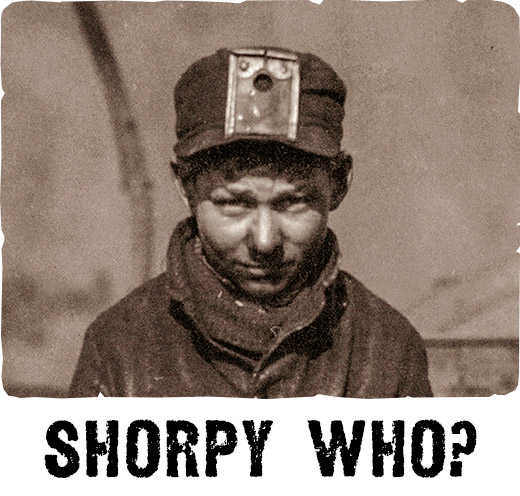
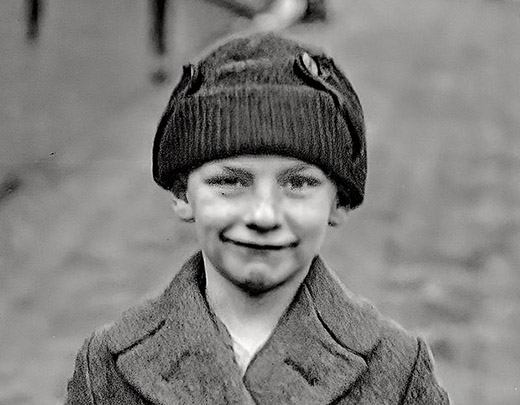
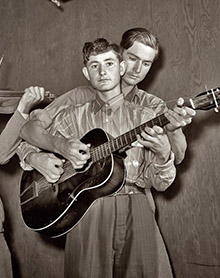
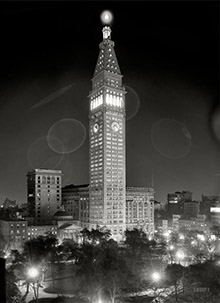
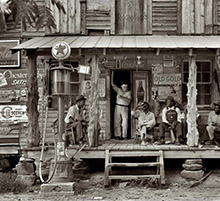
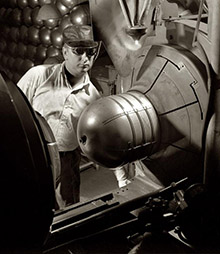
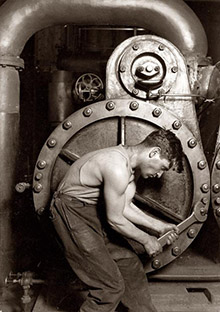
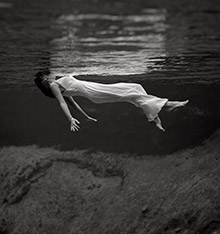
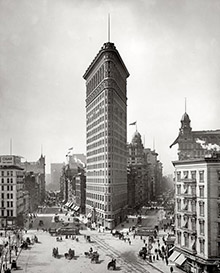



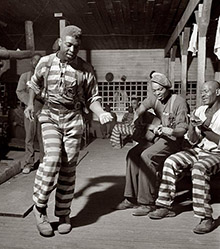
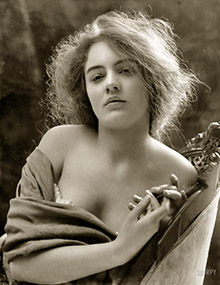
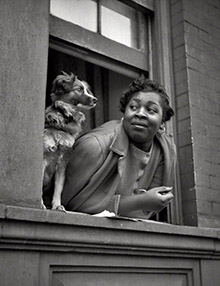

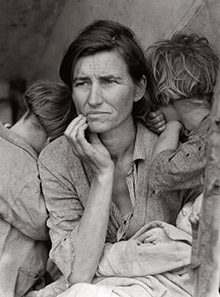

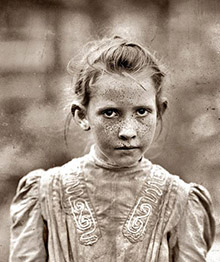
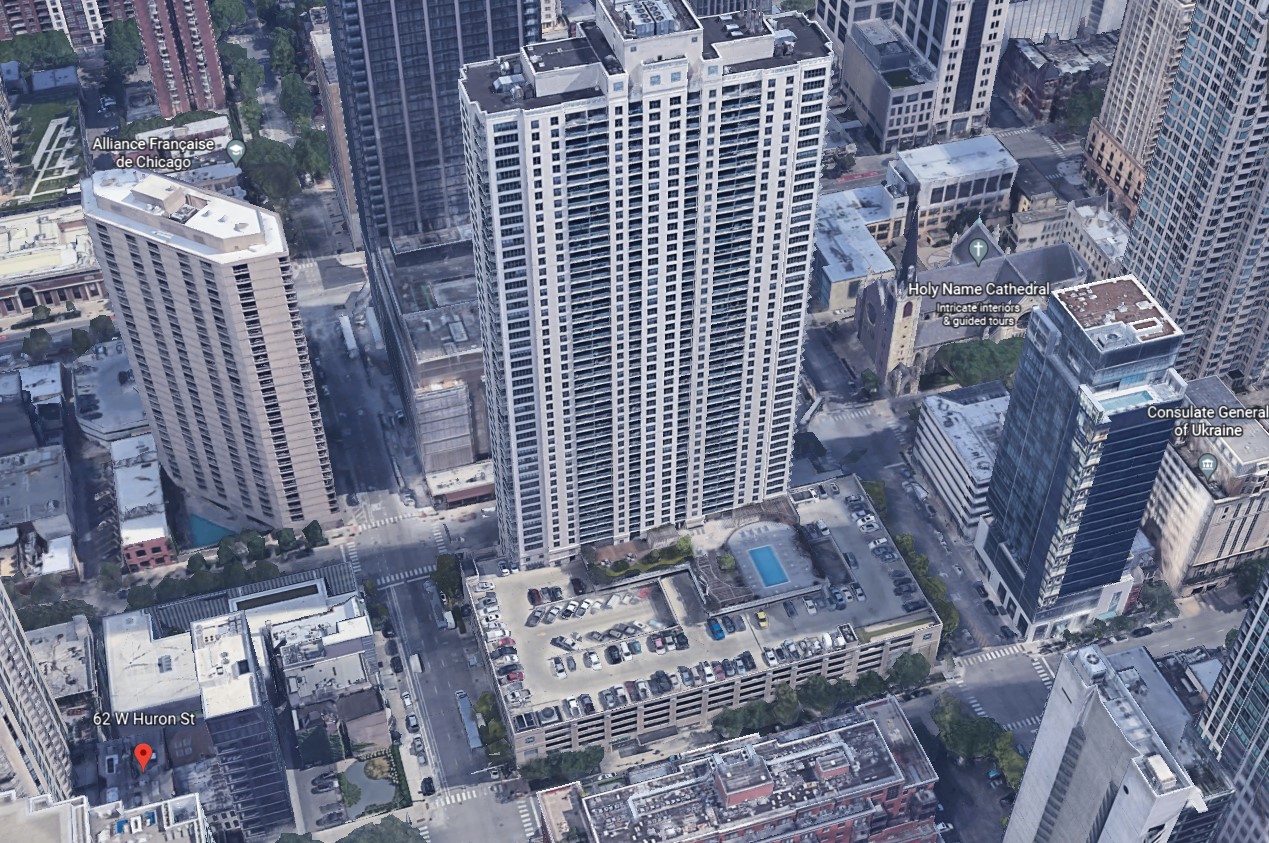

On Shorpy:
Today’s Top 5